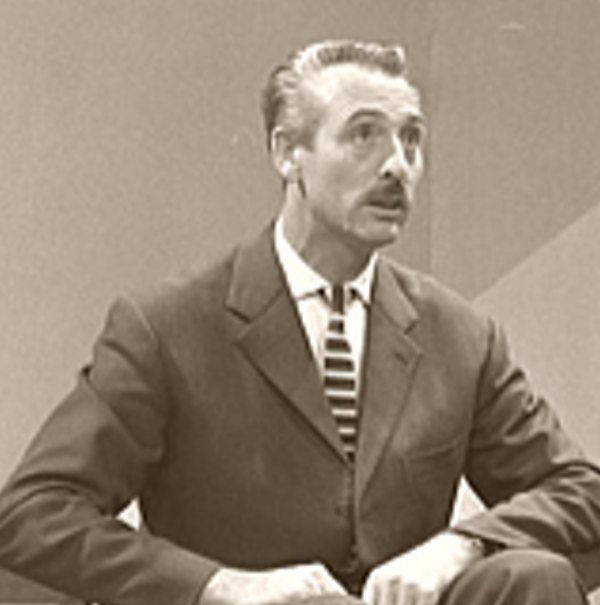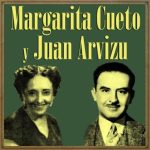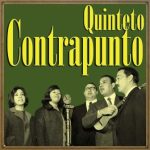DOLF VAN DER LINDEN

Biography
Dolf Van Der Linden, David Gysbert (Dolf) van der Linden (22 June 1915, Vlaardingen – 30 January 1999, Hilversum ) was a Dutch conductor of popular music with a reputation which extended beyond the borders of the Netherlands.
Dolf Van Der Linden, the son of a salesman of musical instruments, was born near Rotterdam. Before World War II, he played in some different bands as a pianist and tried his hand at arranging music for these bands. His colleagues started calling him “Dolf”, because he reminded them of a former colleague with that name.
In 1945, he was asked by Dutch authorities who had arrived back from their exile in London to form an orchestra for light music. Picking musicians he knew from all over the Netherlands, he thus managed to create the Metropole Orchestra. Famous names from these early years were Benny Behr, Sem Nijveen (both violinists), Jos Cleber (trombone) and Tonnie van Hulst (guitarist and singer). Van der Linden’s professionalism and enthusiasm made sure the Metropole Orchestra built up a name for itself in the Dutch radio and TV landscape quite fast. It accompanied radio and TV shows and now and then also made some studio recordings.
In 1957, Dolf Van Der Linden conducted the winning Dutch entry to the Eurovision Song Contest, “Net als toen”, sung by Corry Brokken. In the year after, he and his orchestra accompanied the Eurovision Song Contest which was organised by Dutch TV in Hilversum. Afterwards, he was asked by, amongst others, the BBC to do some work for them.
All in all, between 1957 and 1971, Van der Linden conducted 13 Dutch Eurovision entries, amongst which two winners (in 1957 and 1959 – the latter song, “Een beetje”, written by the pianist of his orchestra, Dick Schallies). Moreover, in the 1970 contest, held in Amsterdam, he was asked by RTÉ to step in and conduct “All Kinds of Everything” by Dana, another winner.
In 1969 he refused to go to the Eurovision Song Contest in Spain, because the Franco regime reminded him too much of his experiences in World War II. Frans de Kok stepped in and was lucky enough to accompany what turned out to be another winning entry, “De troubadour” by Lenny Kuhr.
In the 1970s, Dolf Van Der Linden tried to rejuvenate and modernise his orchestra. In 1980, he was pensioned off. His successor was Rogier van Otterloo. In 1999, Van der Linden died in Hilversum.



 Seductive Saxsophone, Dolf Van Der Linden
Seductive Saxsophone, Dolf Van Der Linden



